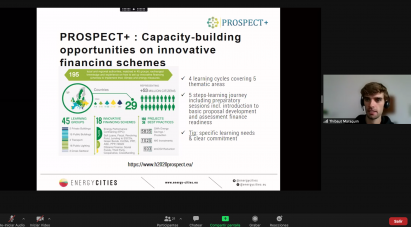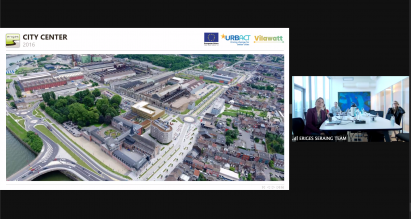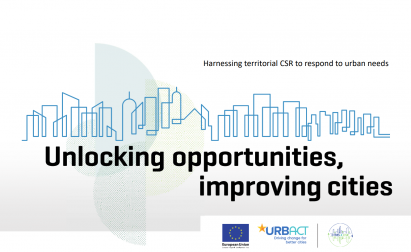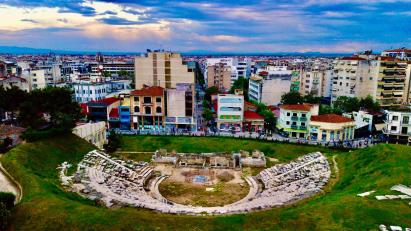How PDOs and PGIs can level up Greece’s primary sector (the example of Larissa and Thessaly)
In recent years, in the era of globalization of markets, the labeling of agricultural products concerns an increasing range of products, producers and sales networks. In this context, special reference is made to the products labeled PDO (Products of Designation of Origin) and PGI (Products of Geographical Indication). These products are constantly gaining ground in the respective markets, constantly rising in the rating of consumers and recording significant profits for their producers.
To this end, regionally anchored products have been supported by the EU quality policy schemes for product names of PDO and PGI since the 1990s in order to preserve culinary diversity, an integral part of European cultural heritage. These labels provide measures to help producers build on the high-quality reputation of domestic products and promote their unique characteristics, in order to sustain competitiveness, profitability, diversity, development and growth in the rural areas where they are produced and protect local knowledge, skills and jobs.
The label PDO (Protected Designation of Origin) identifies a product that originates in a specific place, region or country, the quality or characteristics of which are essentially or exclusively due to a particular geographical environment with its inherent natural factors (raw materials, environmental characteristics, location) and human factors (traditional and craft production) and the production, transformation and elaboration phases of which all take place in the defined geographical area, in respect of rigid production regulations established in the procedural guidelines of production.
In addition, the label PGI (Protected Geographical Indication) indicates a product that originates in a specific place, region or country, whose given quality, reputation or other characteristics are essentially attributable to its geographical origin, and for which at least one of the production steps takes place in the defined geographical area.
The agri-food value chain “from farm to fork’’ includes all agri-business activities, from inputs in the agricultural production to gastronomy and consumption of food and beverages products. The role of the Greek agri-food sector is pivotal because of the: a) strong presence of food manufacture in the domestic economy, b) connection of the Greek diet with the healthy and nutritious Mediterranean diet, c) rich soil conditions and favorable climate characteristics, d) strong presence of successful food companies, e) high level of food safety and quality and f) export orientation of domestic agricultural and processed food products.
[[{"fid":"47000","view_mode":"default","fields":{"format":"default","field_file_image_alt_text[und][0][value]":false,"field_file_image_title_text[und][0][value]":false,"field_author[und][0][value]":""},"link_text":null,"type":"media","field_deltas":{"2":{"format":"default","field_file_image_alt_text[und][0][value]":false,"field_file_image_title_text[und][0][value]":false,"field_author[und][0][value]":""}},"attributes":{"class":"media-element file-default","data-delta":"2"}}]]








